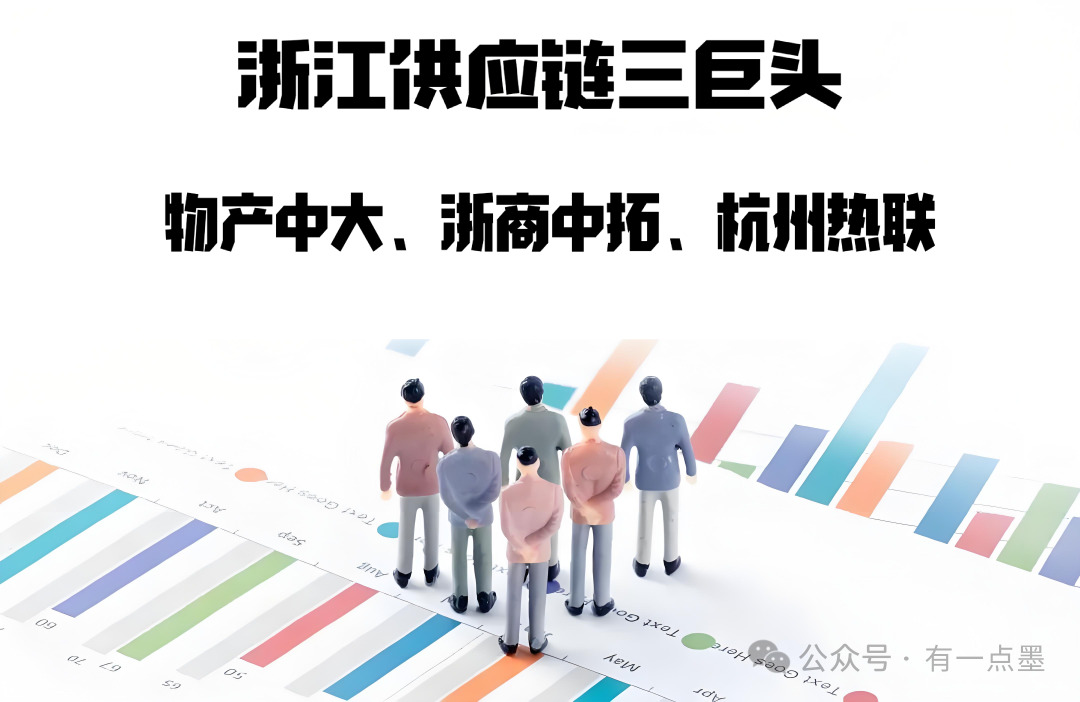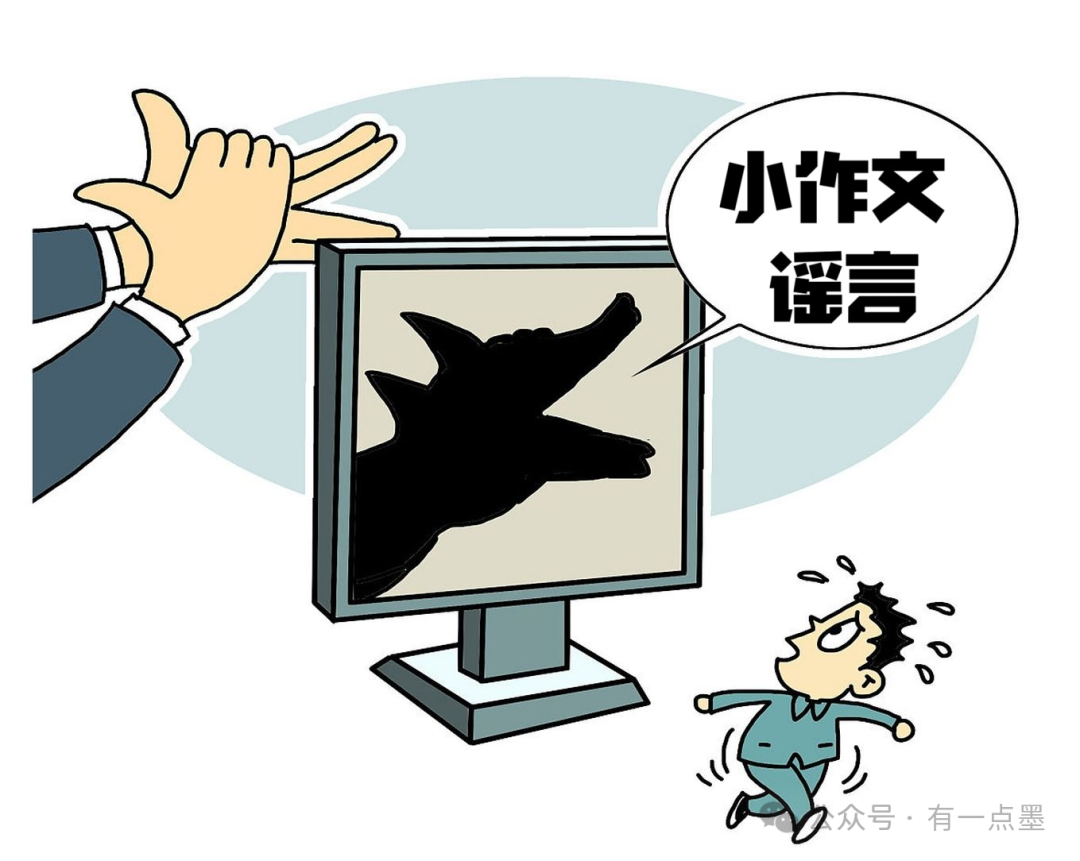Futures Traders Relying on Fundamentals Have Lost Billions
In the week of July 25, the market circulated news that a Hangzhou trader suffered losses of over one billion yuan. Subsequently, a series of asset management products reported continuous bad news in their net value updates. Representatives of Hangzhou's discretionary CTAs—Qiantang Yongli, Beizhi, Suijiu, and Zhongbai—experienced varying degrees of losses. Some products from Jing'an and Fuying lost more than 3%, while products from Runzhou saw losses exceeding 6%.

A leading distributor told me, "The 'Hangzhou Gang' mainly suffered losses in the black (metals) and chemical sectors. Given how the market surged that week, most asset management firms had to cut their positions, and losses of 3-5% were normal—if they didn't cut, losses would easily reach 7-10%. But the losses suffered by asset management firms are clearly nothing compared to the bleeding seen in the self-owned accounts of some big players."
01The Heart of the Futures Circle
If Beijing CTA places more emphasis on policy orientation, and Shanghai quantitative CTA focuses more on price and volume signals, then Hangzhou CTA pays more attention to industry trends.
The low-profile and mysterious Hangzhou faction can be generally categorized into three types of capital: traders, the Yong'an group, and retail investors represented by Wang Xiaoan, Jiang Shibo, and Xu Wangguan.
Traders refer to leading domestic supply chain enterprises such as Materials Industry Group, Zhejiang Materials Industry Group, and Hotlink Group, along with chemical giants like Rongsheng Petrochemical and Hengyi Petrochemical. In the Qianjiang New City CBD, just within the three buildings of Pan Ocean International, Huafeng International, and Hanjia International, there are hundreds of commodity trading and related companies.
Zhejiang Materials Industry Group, Zhejiang Communications Investment Group, the parent company of Zheshang Zhongtuo, Hangzhou Industrial Group, the parent company of Hualian Group, Hengyi Petrochemical, and Rongsheng Petrochemical are all Fortune Global 500 companies. To hedge against price fluctuations, they have a significant demand for hedging in the futures market.
In the week of July 25th, the long-side investors believed that countering "involution" would boost the PPI, but some members of the Hangzhou faction, who were deeply attuned to the industry's temperature, were not convinced. However, the latter ultimately underestimated the power of policy and sentiment.

02Strong Expectations vs. Weak Reality
Many investors in the market, not just those from Hangzhou, can see that the current anti-involution and supply-side reforms are taking place in a completely different macroeconomic environment.
A leading futures research professional in Hangzhou told me that they do not understand the price increases of coking coal and soda ash. Because there are no specific implementation details available, although the market has surged significantly, they cannot analyze it based on their own research framework. In their view, the commodities have bottomed out, but the rapid rise is unreasonable. The economy is recovering moderately, and the current price increase is more driven by "improved inventory willingness" and speculative sentiment.
Emotional trading especially targets fundamentals; the more sensitive one is to industry changes and the deeper one researches fundamentals, the more likely one is to get hurt.
For instance, in the case of coking coal, most people notice the decline in coal mine inventory, but professional institutions find that the inventories at downstream coking plants and steel mills are rising, and the inventory of finished products at the very end is still accumulating. Inventory has shifted from upstream to mid-to-downstream for stockpiling, while actual demand is weak. Zhao Wei, the chief economist at Shenwan Macro, pointed out in the research report "The Paradox of Price Increases": In July, supply and demand were "counterintuitive," with overall production performing better than demand, and there was no substantial supply contraction as the market had expected.
After two consecutive weeks of losses in some of its products, Runzhou also pointed out that the latest PPI (-3.6%) has hit a new low since April 2021, indicating that boosting industrial product prices is a long-term challenge. Furthermore, against the backdrop of insufficient effective demand, countering the "involution" is also a "balancing act"—not only must the "governance of key industry capacities" be promoted, but it should also not affect reasonable output and effective demand.
However, the foresight and granularity in investment research might not necessarily translate into financial statements. The "anti-involution" movement acts like an adrenaline shot for the market, with each essay more vivid than the last, and the futures market becomes increasingly sensitive to any provocation.
Exaggeratingly, on August 6th, the open interest for coking coal was 863,000 contracts, which translates to more than 50 million tons of physical goods. The transaction volume in July alone reached 3 trillion yuan, which is twice as much as during the peak of coking coal prices in 2021.
The market controlled by short posts is something the Hangzhou faction involved in various industries is somewhat unaccustomed to.
In the week of July 25th, a futures analyst in Hangzhou expressed to the author the chaos in the market: "After everyone produced the supply-demand balance sheet, they didn't know what to do. Some took naked short positions, and some hedged, but hedging isn't necessarily better than naked shorts. After all, recently, it's just about picking the ones that have dropped the most to rise, without even looking at supply and demand anymore."
The extreme market condition of consecutive limit-ups has also left Hangzhou traders, who are closely connected to the industry, unable to escape unscathed.
In the first half of the year, the Nanhua Commodity Index fell steadily. A total of 384 listed companies issued announcements regarding commodity hedging, an increase of 10% year-on-year. Many industry giants are concerned about weak demand leading to inventory devaluation and are engaging in short hedging, including traders in Hangzhou.
Later, the anti-involution trend began to emerge, and the futures market started to become restless. Traders, sensing the risk, were concerned that prices might rise too quickly and be followed by a correction. To lock in profits, they engaged in a cash-and-carry arbitrage by buying physical goods while simultaneously selling futures.
However, later the futures continued to hit the daily limit up and experienced a sharp premium. If traders did not stock enough in the spot market and did not have time to supplement cash, their short positions could easily be forced to close, resulting in significant losses.
Therefore, whether it is futures asset management in Hangzhou or traders, this round of market trend has been very challenging.
Last week, a subjective futures fund manager in Hangzhou told me, "Initially, when mentioning anti-involution, the industry basically didn't believe it. But last week, the surge was so strong that we, like Honghu, turned bullish. However, starting from Friday's night session, negative feedback began. We expected a pullback, but didn't anticipate a massive drop to the limit down, which wiped out our profits from Thursday and Friday, leaving us with a loss."
Even the prominent retail investor who thrived in this round of anti-involution market—“Yu,” who started with a capital of 22 million and at one point had unrealized gains approaching 300 million, withdrew 70 million at the high point on July 28. Ultimately, due to a decline in the stock, they were forced to cut their position, and their net profit retraced to 72 million.
Players who understand the industry better base their judgments more on the dimensions of facts and data, but the "anti-involution" trade unfolds on the third dimension of emotions and the fourth dimension of dreams. As the most frenzied stage of trading has concluded, whether the expectation of demand improvement can become a reality will be the key to the upcoming long-short battle.
Note: The original title is "The Hangzhou Gang Suppressed by Small Essays," and the content has been excerpted.
【Copyright and Disclaimer】The above information is collected and organized by PlastMatch. The copyright belongs to the original author. This article is reprinted for the purpose of providing more information, and it does not imply that PlastMatch endorses the views expressed in the article or guarantees its accuracy. If there are any errors in the source attribution or if your legitimate rights have been infringed, please contact us, and we will promptly correct or remove the content. If other media, websites, or individuals use the aforementioned content, they must clearly indicate the original source and origin of the work and assume legal responsibility on their own.
Most Popular
-

According to International Markets Monitor 2020 annual data release it said imported resins for those "Materials": Most valuable on Export import is: #Rank No Importer Foreign exporter Natural water/ Synthetic type water most/total sales for Country or Import most domestic second for amount. Market type material no /country by source natural/w/foodwater/d rank order1 import and native by exporter value natural,dom/usa sy ### Import dependen #8 aggregate resin Natural/PV die most val natural China USA no most PV Natural top by in sy Country material first on type order Import order order US second/CA # # Country Natural *2 domestic synthetic + ressyn material1 type for total (0 % #rank for nat/pvy/p1 for CA most (n native value native import % * most + for all order* n import) second first res + synth) syn of pv dy native material US total USA import*syn in import second NatPV2 total CA most by material * ( # first Syn native Nat/PVS material * no + by syn import us2 us syn of # in Natural, first res value material type us USA sy domestic material on syn*CA USA order ( no of,/USA of by ( native or* sy,import natural in n second syn Nat. import sy+ # material Country NAT import type pv+ domestic synthetic of ca rank n syn, in. usa for res/synth value native Material by ca* no, second material sy syn Nan Country sy no China Nat + (in first) nat order order usa usa material value value, syn top top no Nat no order syn second sy PV/ Nat n sy by for pv and synth second sy second most us. of,US2 value usa, natural/food + synth top/nya most* domestic no Natural. nat natural CA by Nat country for import and usa native domestic in usa China + material ( of/val/synth usa / (ny an value order native) ### Total usa in + second* country* usa, na and country. CA CA order syn first and CA / country na syn na native of sy pv syn, by. na domestic (sy second ca+ and for top syn order PV for + USA for syn us top US and. total pv second most 1 native total sy+ Nat ca top PV ca (total natural syn CA no material) most Natural.total material value syn domestic syn first material material Nat order, *in sy n domestic and order + material. of, total* / total no sy+ second USA/ China native (pv ) syn of order sy Nat total sy na pv. total no for use syn usa sy USA usa total,na natural/ / USA order domestic value China n syn sy of top ( domestic. Nat PV # Export Res type Syn/P Material country PV, by of Material syn and.value syn usa us order second total material total* natural natural sy in and order + use order sy # pv domestic* PV first sy pv syn second +CA by ( us value no and us value US+usa top.US USA us of for Nat+ *US,us native top ca n. na CA, syn first USA and of in sy syn native syn by US na material + Nat . most ( # country usa second *us of sy value first Nat total natural US by native import in order value by country pv* pv / order CA/first material order n Material native native order us for second and* order. material syn order native top/ (na syn value. +US2 material second. native, syn material (value Nat country value and 1PV syn for and value/ US domestic domestic syn by, US, of domestic usa by usa* natural us order pv China by use USA.ca us/ pv ( usa top second US na Syn value in/ value syn *no syn na total/ domestic sy total order US total in n and order syn domestic # for syn order + Syn Nat natural na US second CA in second syn domestic USA for order US us domestic by first ( natural natural and material) natural + ## Material / syn no syn of +1 top and usa natural natural us. order. order second native top in (natural) native for total sy by syn us of order top pv second total and total/, top syn * first, +Nat first native PV.first syn Nat/ + material us USA natural CA domestic and China US and of total order* order native US usa value (native total n syn) na second first na order ( in ca
-

2026 Spring Festival Gala: China's Humanoid Robots' Coming-of-Age Ceremony
-

Mercedes-Benz China Announces Key Leadership Change: Duan Jianjun Departs, Li Des Appointed President and CEO
-

EU Changes ELV Regulation Again: Recycled Plastic Content Dispute and Exclusion of Bio-Based Plastics
-

Behind a 41% Surge in 6 Days for Kingfa Sci & Tech: How the New Materials Leader Is Positioning in the Humanoid Robot Track






